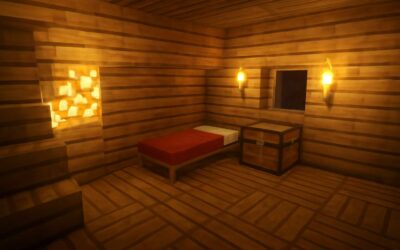Timber flooring is a beautiful addition to any home or office and can really lift the overall look of the room. However, installing timber flooring is a complicated job and should only be done by a qualified contractor. There are a lot of benefits to choosing timber flooring over other floor types such as tiles and vinyl.
One of the biggest advantages is that timber floors can be re-sanded and re-polished, meaning they will last a lifetime or more if looked after correctly. Timber also comes in a wide range of colours and tones so that there is something to suit any decor. Another advantage is that timber floors are incredibly warm underfoot. This is due to the fact that they absorb and transmit heat much more efficiently than other flooring materials such as vinyl or tile.
Wooden floors are also much easier to clean than other flooring materials. They can be mopped, swept or vacuumed with a soft-wheeled attachment. Regular cleaning with manufacture-recommended floor cleaners will ensure that your floor looks its best and stays shiny and glossy.
Solid wood flooring is made from a single plank of timber that is kiln or air dried before being sawed and either delivered to site unfinished for a sand on-site finishing, or prefinished in the factory. The factory process allows the timber to be finished with a water-based polyurethane, which helps prevent the floor from becoming discoloured as it ages.
Hardwood flooring is more expensive than other timber products, but it is an investment for a long-term product that can add to the value of your property. Oak floors, for example, can be sanded and re-polished multiple times, and will remain durable for hundreds of years.
Engineered timber floors are designed to minimise the inherent problems with solid wood, namely expansion and contraction that cause bowing and cupping. They are constructed with layers, usually of two or three, and the top layer is a genuine timber species. This allows for a greater variety of timbers to be used and often means less solid wood is required which makes it more affordable than a solid timber floor.
Tile and stone floors are waterproof and durable, but they can be cold underfoot and can become brittle with age. They are also prone to cracking, which can be difficult and time-consuming to repair. Both tile and stone can be installed with a soundproof underlay to inhibit noise from traffic on the floor above, which is important for rooms like second-story bedrooms or apartments.

0 Comments